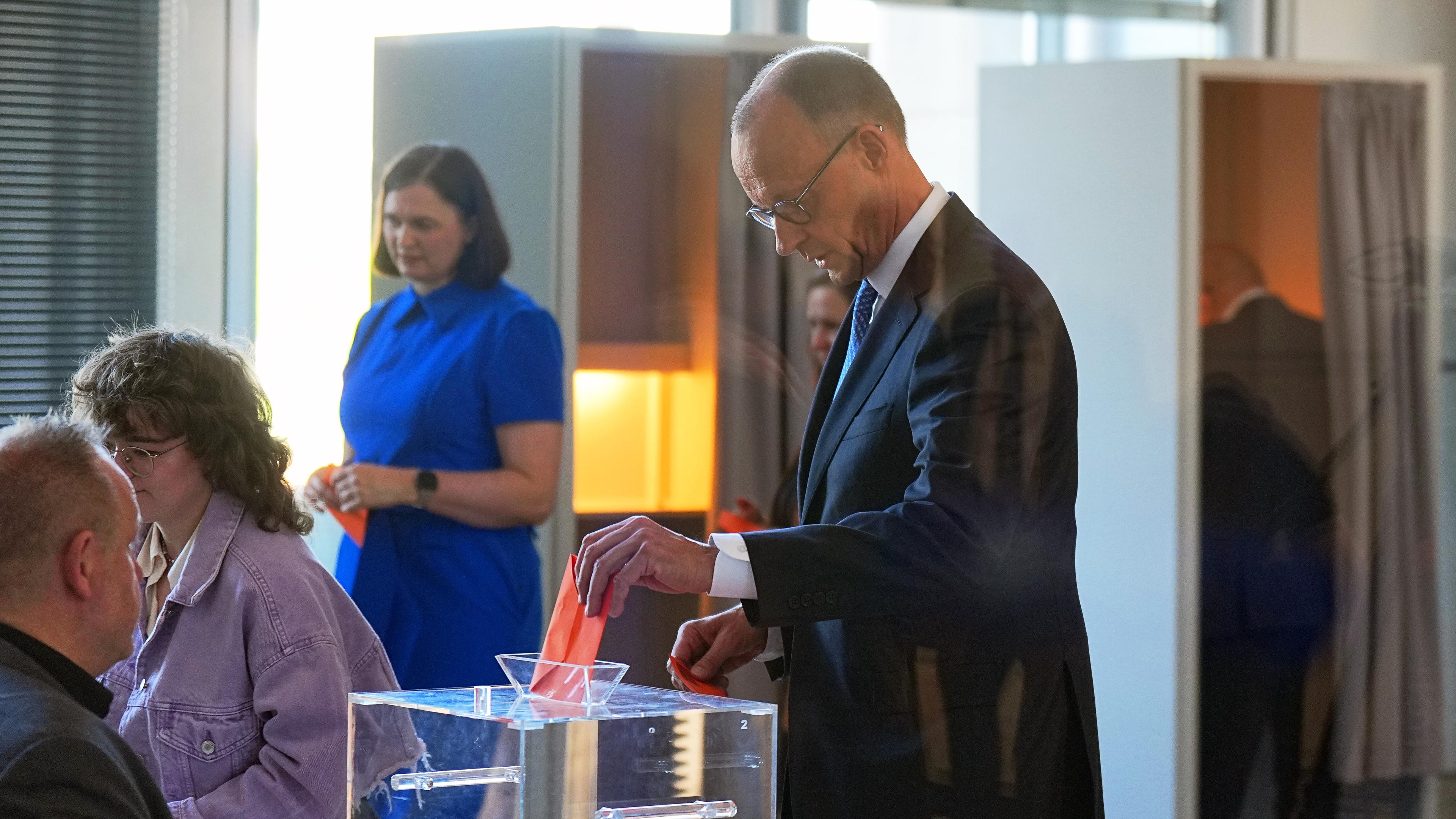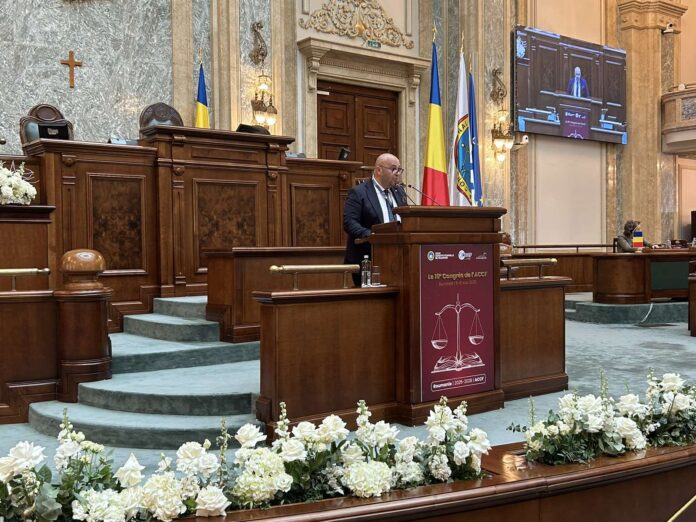For the first time since 1949: Merz’s failed choice sends Germany to the unknown

Merz needed 316 votes in the lower house, which has 630 MPs. From them he received 310. His coalition with the Social Democrats – who have ruled so far – there was a need for the majority. But 18 MPs, whose support, along with others in the coalition, gave the impression of a common (for Germany) noticeable vote, did not seem to give the expected votes.
| Voting is secret. There were 307 people against (in themselves insufficient to thwart their election), one newsletter is invalid, three abstained. Nine people were absent. |
Ralph Vetagner, Social Democrat from Schleswig-Holstein, warned that the country was facing chaos, but expressed conviction that his party’s group had unanimously voted for Merz. According to the party leader (and future finance minister), Lars Clingbal Social Democrats and other factions now have to clarify the process further.
The Merz Cabinet comes to power in Germany under pressure to stay and succeed
The Bundestag has a total of 14 days to choose this and another candidate as chancellor. Theoretically, with the failure of the procedure by an absolute majority, it can also be done.






/s3/static.nrc.nl/images/gn4/stripped/data131839608-2502e0.jpg)
